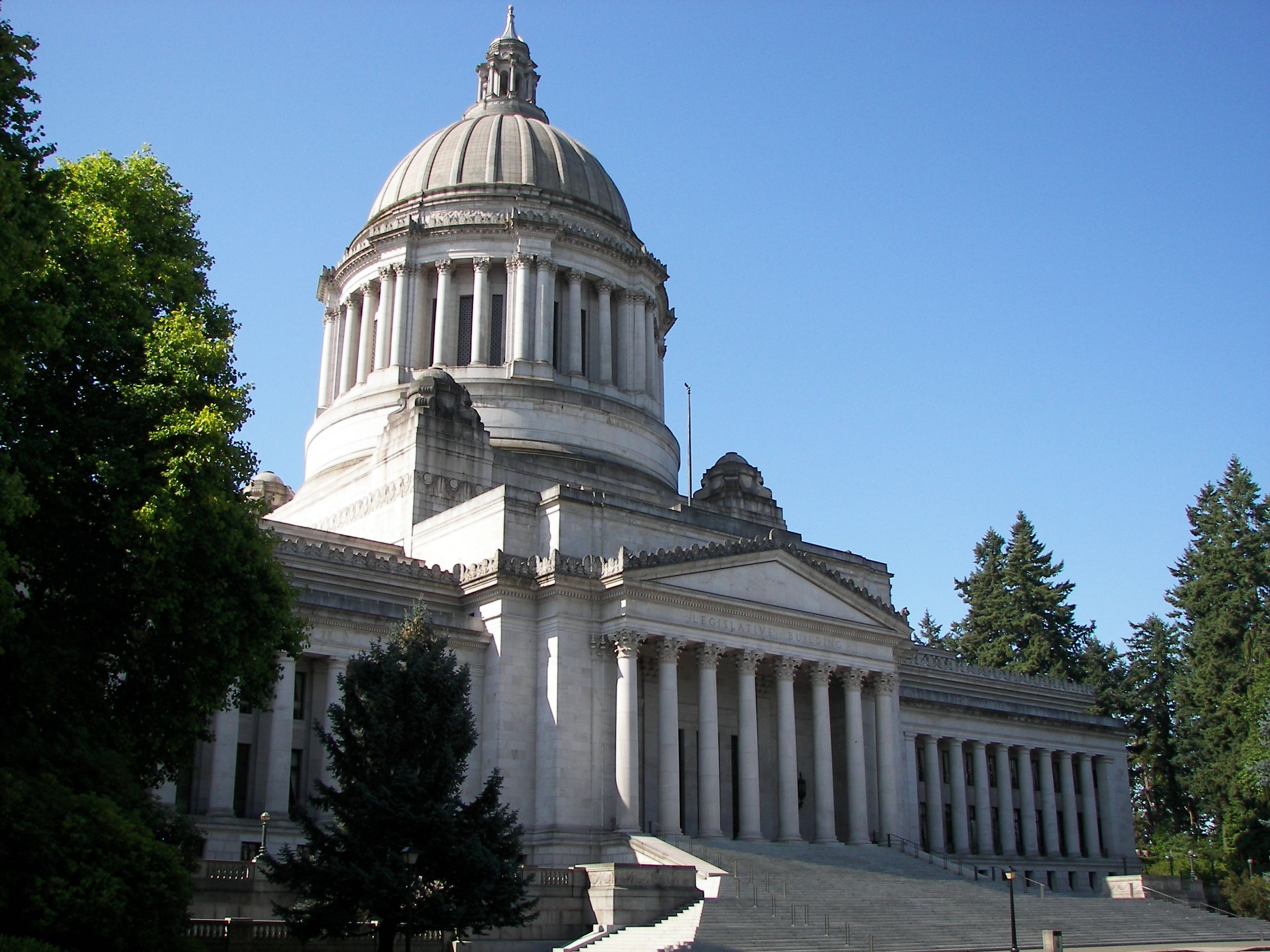Key Findings
- Since 2004 the governor of Washington has negotiated in secret with union executives to decide how much taxpayers will pay government employees.
- Before 2004 those decisions were made in public as part of the normal legislative budget process, with open votes on changes and amendments.
- SB 5545 and HB 1287 would promote open government by making employee contract talks subject to the state’s open meetings law.
- Several states already ensure that the public and union members themselves are not shut out of the collective-bargaining talks with government unions.
- Two local governments in Washington State have also recently embraced contract transparency.
- Open contract meetings would work against the appearance of secret deal making with campaign contributors.
Introduction
Since 2004 the governor of Washington has had the ability to negotiate secretly with state employee unions to decide how much taxpayers will provide for compensation for government employees.
Before 2004 those spending decisions were made in public as part of the normal legislative budget process, with the opportunity to comment in public hearings before compensation promises were made. Now, lawmakers only have the ability to say “yes” or “no” to these secretly negotiated contracts, with no possibility of changes or amendments. The people’s elected lawmakers are not allowed to propose alternatives as they work on the 2017-19 state budget.
To provide more transparency into this secretive process, proposed bills SB 5545 and HB 1287 would open these negotiations in the future under the state’s open public meetings law, so that the public, the media, government employees, and elected lawmakers could see what tradeoffs and promises are being proposed before the final agreements are reached. The bills propose a transparent process similar to the one used in several other states when deciding the compensation of government employees and the amount of tax dollars required to fund the agreements.
![]() Download the full legislative memo here
Download the full legislative memo here





